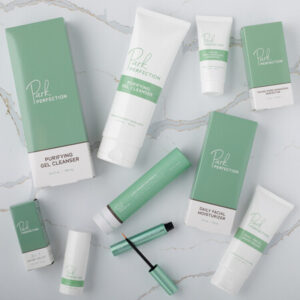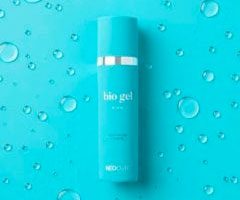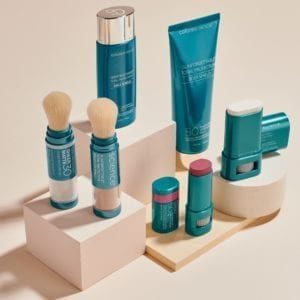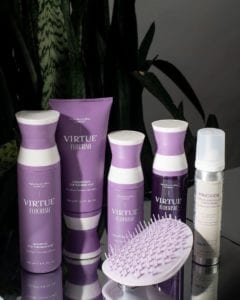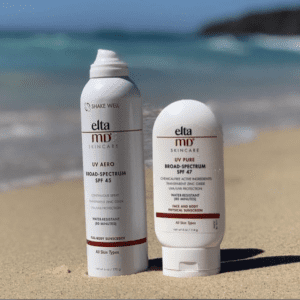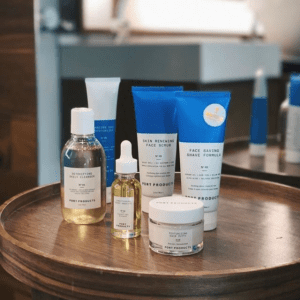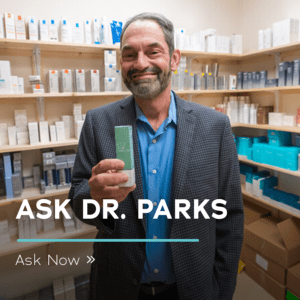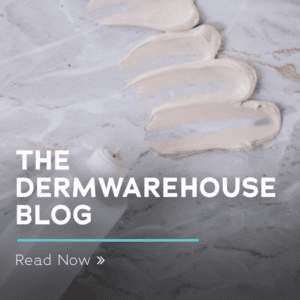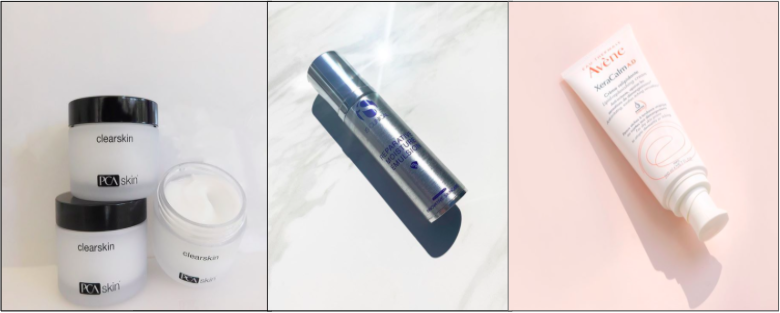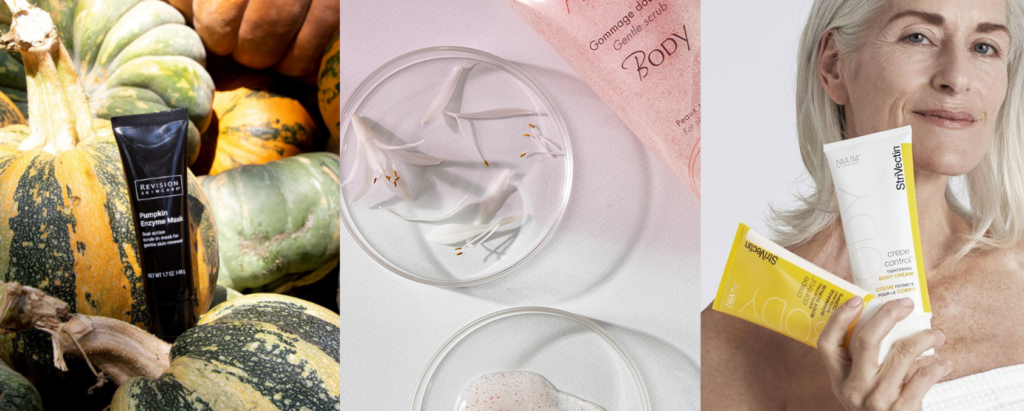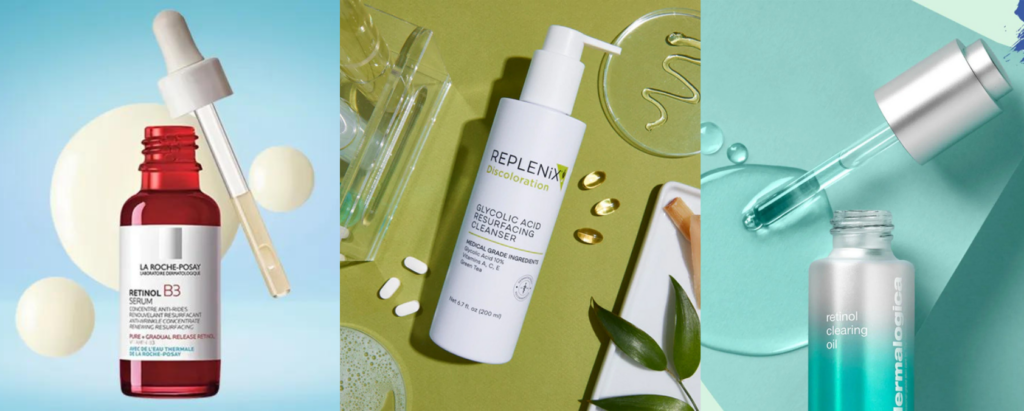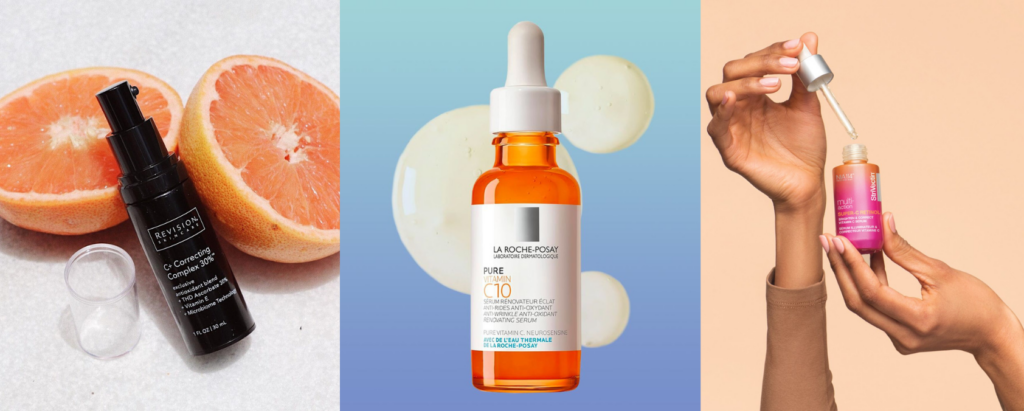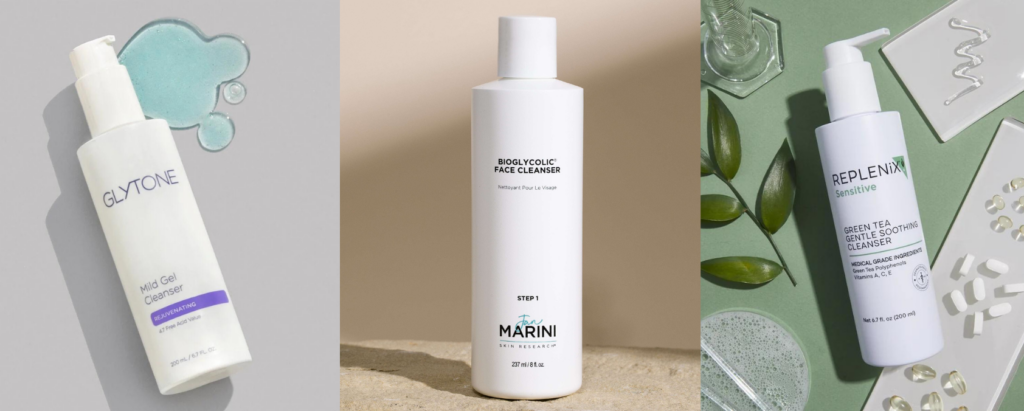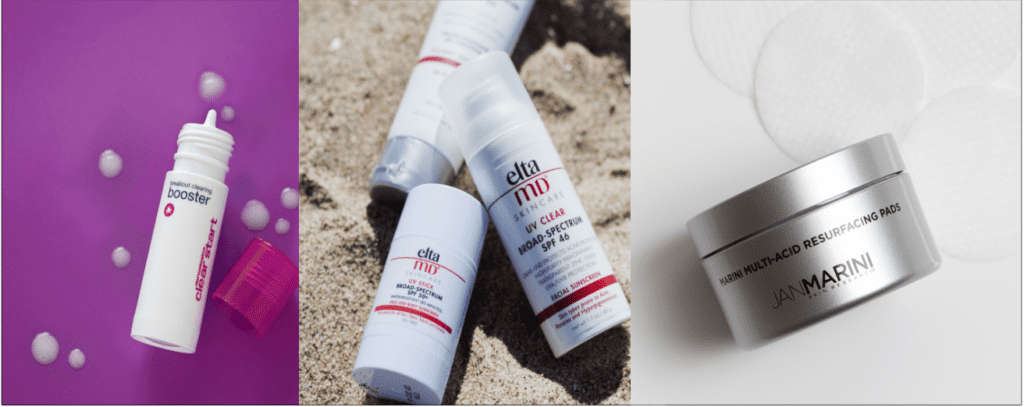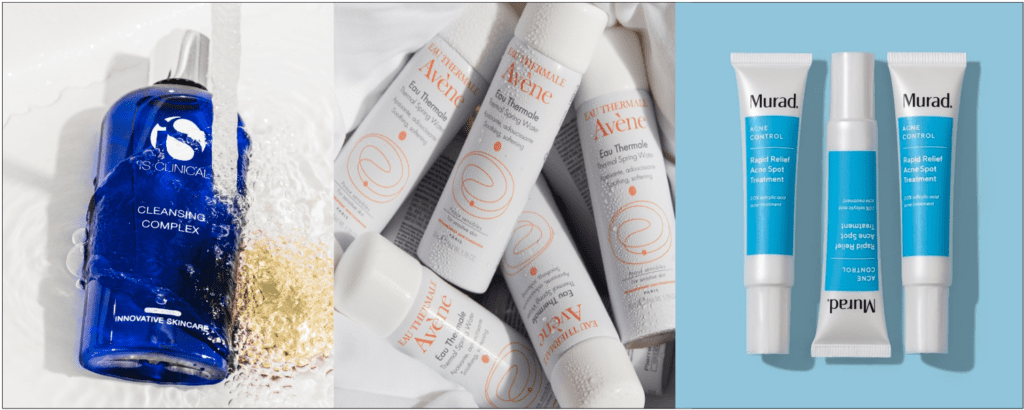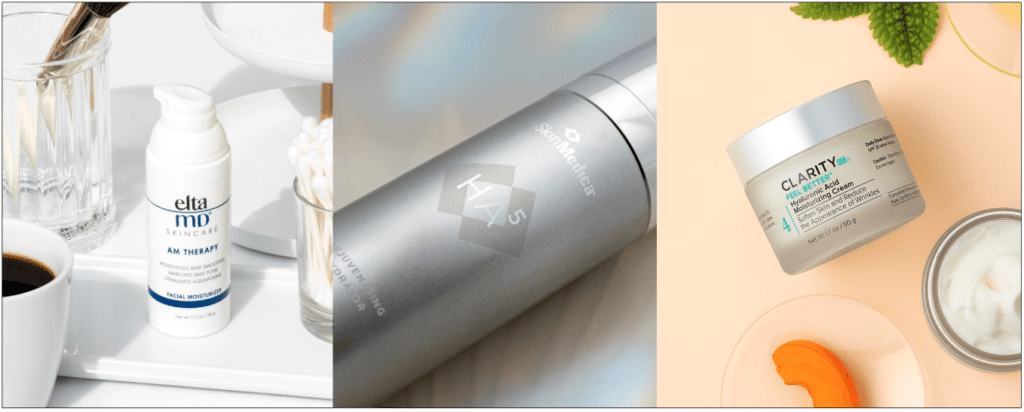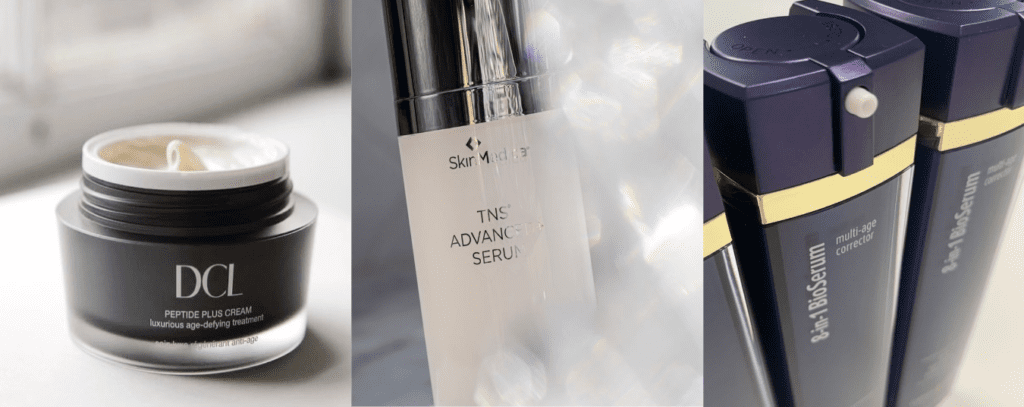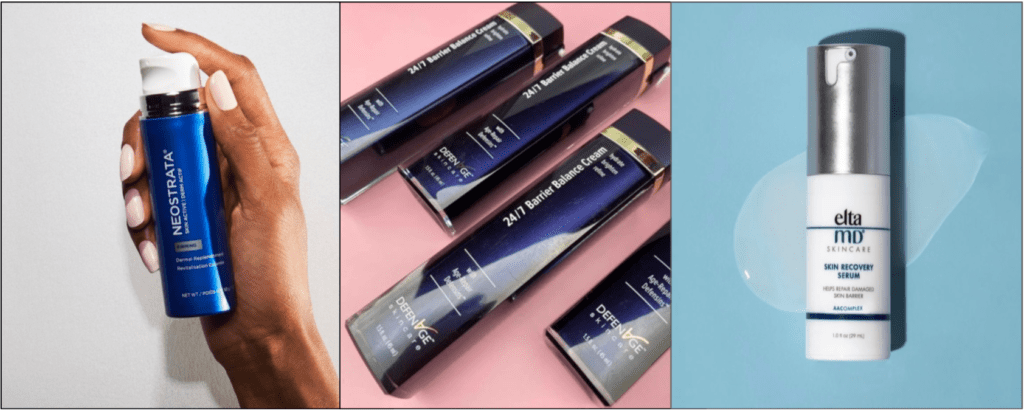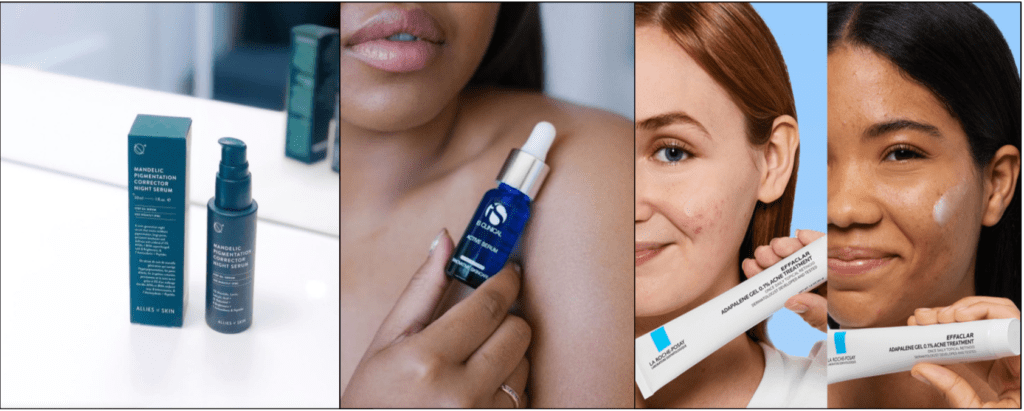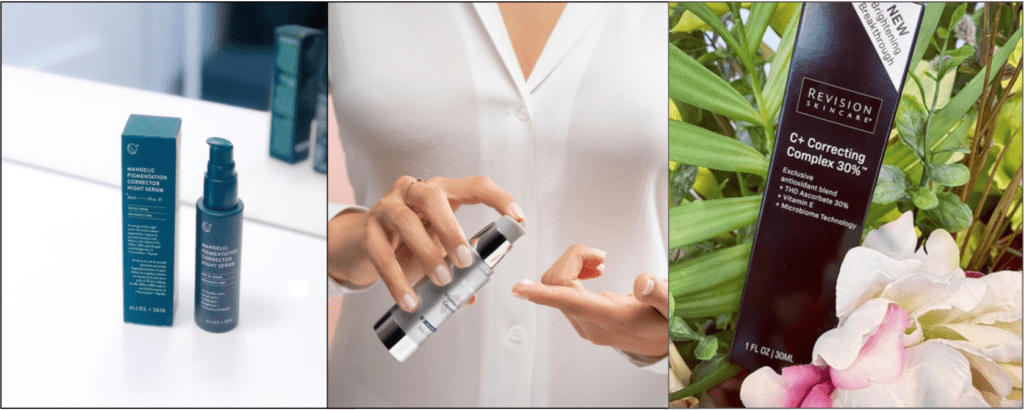Whether your skincare routine is 10 steps long or 3 steps long, one of the most important steps that should be included is the use of a moisturizer. Moisturizer is the step in your routine responsible for replenishing the moisture in your skin and keeping it soft and smooth. If you don’t use moisturizer, your skin over-produces oil to try to make up for the lack of moisture in your skin, which can cause breakouts and clogged pores.
What does moisturizer do for your skin?
Our skin is our biggest protector against the environment. It tends to be pretty sensitive to changes in the weather, allergens and products we may apply on our skin. Our skin cells shed quicker than other cells in the body and allow newer and younger cells to appear. This process requires moisturizer for the skin to repair itself.
When moisture is provided for the skin to repair itself, it leads to less wrinkles in the long term. Younger and newer cells can more rapidly replace dead cells, therefore keeping the skin soft and smooth. Using moisturizer regularly also helps to keep your skin balanced and improves your overall skin tone. When we give our skin additional moisture, it allows it to perform necessary functions. It also supplements the moisture levels in our skin naturally to keep it looking and feeling its best. No matter what skin type, tone or concerns you have, it’s important to pick a moisturizer that works for your skin and use it regularly. Speaking of skin type, what kind of moisturizers work best with each skin type?
Dry Skin:
If you find your skin often feels tight, dry, or dehydrated, or you experience flaking or peeling regularly, you have dry skin. You’ll want to find a heavier cream to repair the moisture in your skin, rather than a lotion. The Jan Marini Transformation Cream is a hydrating and anti-aging formula all in one, with hyaluronic acid, peptides, aloe vera and Vitamins C & E for optimal skin moisture and hydration.
Oily Skin:
If your skin gets greasy throughout the day, use an oil-free or water based moisturizer. This will be more lightweight compared to a cream. SkinMedica’s Ultra Sheer Moisturizer is a great choice for those with oily skin, with its lightweight & oil-free formula that contains hyaluronic acid and antioxidants for hydrated skin without the extra oil.
Combination Skin:
If you have areas of your skin are oily and areas that are dry, you likely have combination skin. When choosing a moisturizer, avoid heavy creams meant for dry skin or lightweight formulas meant for oily skin. You’ll want something in the middle of the spectrum that will balance and hydrate your skin, like a gel or lotion moisturizer. PCA Skin’s ReBalance moisturizer is a lightweight formula with antioxidants, niacinamide and Vitamin E to soothe and hydrate your skin and balance its moisture levels.
Normal Skin:
If your skin isn’t more oily or dry and it reacts well to most products, you have normal skin! You’ll want to make sure that you keep it moisturized, however. For an all-in-one hydrating and anti-aging formula, the iS Clinical Reparative Moisture Emulsion with hyaluronic acid and copper tripeptide growth factor is a great choice for normal skin.
Sensitive Skin:
Your skin is more sensitive if it’s easily irritated or can react harshly to certain allergens or products. You’ll want to find a moisturizer that will hydrate your skin without causing it to flare up and become irritated. Avene’s XeraCalm A.D. Lipid Replenishing Cream is a gentle formula with Vitamin E to keep your skin soft and smooth without causing it irritation.
Acne-Prone Skin:
Even if you suffer from consistent breakouts, you should still moisturize. Every skin type needs a moisturizer, even acne-prone skin. Look for an oil-free, lightweight formula for your skin to ensure you’re not making the breakouts worse. PCA Skin’s Clearskin moisturizer is formulated with niacinamide, Vitamin A and antioxidants in a lightweight but nourishing formula that won’t cause further breakouts.
As we age and experience different climates and environments, our skin types may change or shift. It’s important to pay attention to your skin type and how it’s reacting to your products and environment. For any further questions about moisturizers or anything else skin related, please do not hesitate to reach out!

